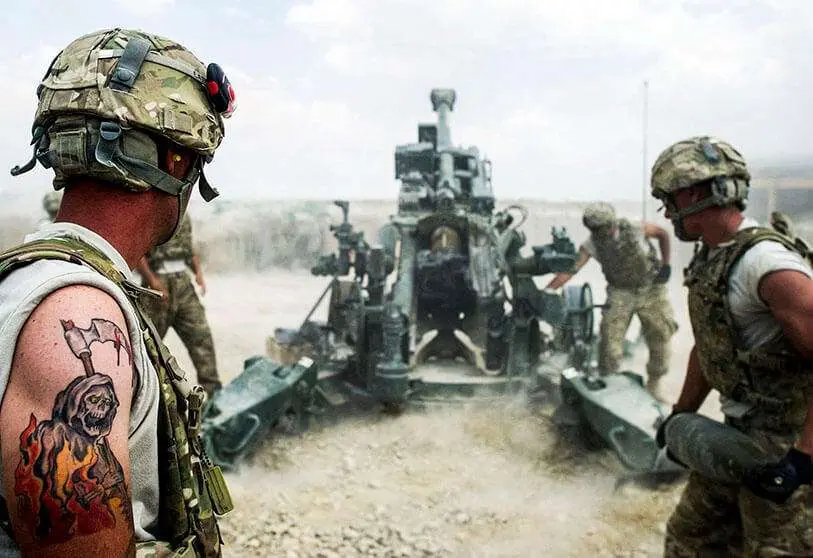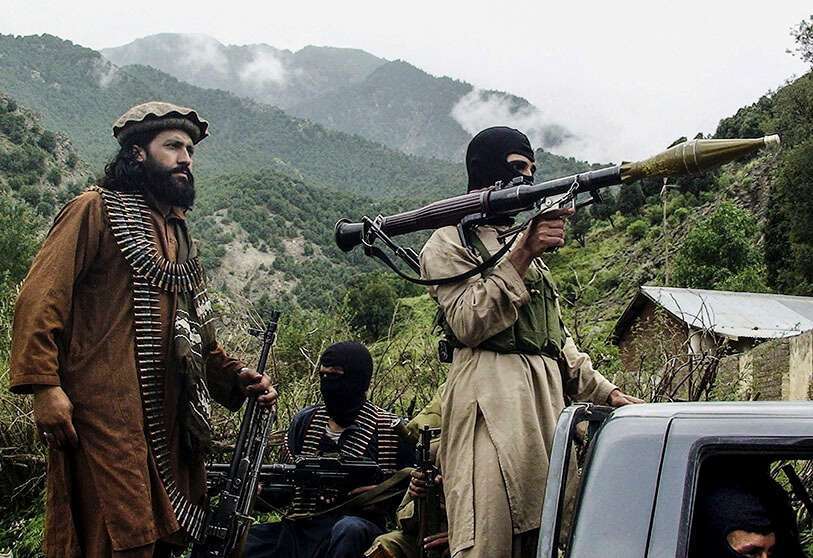The United States will withdraw all its troops from Afghanistan before 11 S

The longest war in US history is coming to an end. Ahead of the 20th anniversary of the war, Joe Biden's new administration has decided to withdraw all US troops on Afghan soil before 11 September.
This decision clashes directly with the commitment made by his predecessor, Donald Trump, to withdraw troops by 1 May, as more than 2,500 US troops will remain in the country beyond this date. At a press conference, Joe Biden reported "the difficulty" of withdrawing troops by 1 May, but reaffirmed his commitment "not to stay much longer" on the ground.
Currently, 3,500 US troops are deployed in Afghanistan, comprising 2,500 military personnel and 1,000 special forces personnel. However, it is not yet known what will happen to the future of the special operations forces as they continue to work for the CIA on the ground on counter-terrorism missions.

Following confirmation of the decision, the president will dissociate himself from the agreement between the US and the Taliban to withdraw the troops by May. In talks on this agreement, the Taliban insurgents threatened to resume fighting if the full US withdrawal is not met by this date. In this sense, Secretary of State Anthony Blinken had a telephone call with Afghan President Ashraf Gani in which the basis for announcing the official withdrawal of troops was agreed.
With this decision, the war in Afghanistan will come to an end after 20 years of fighting in which more than 100,000 Afghan civilians and more than 2,300 US soldiers have died, although no US casualties have been reported in the last year. The choice to withdraw troops before 9/11 is not random, as it would be 20 years to the day since the terrorist attacks on the Twin Towers and the Pentagon.
The entry into the war in Afghanistan was a direct response decreed by the administration of former President George W. Bush in response to the attacks, after accusing the Taliban of supporting and harbouring Osama Bin Laden and other Al Qaeda leaders linked to the attacks. At the end of 2009, then US President Barack Obama announced an increase in US troops by 100,000 more.

By postponing the troop departure, Biden will have to deal with a possible Taliban offensive by failing to meet the May deployment date. However, the date would be pushed back by only four months and he is confident that the Taliban will not launch an offensive against US troops. In this situation, NATO allies are waiting for Biden to inform them of his decision in order to coordinate their withdrawal plans, as they have an additional 7,000 foreign coalition troops in Afghanistan.
Despite the troop withdrawal, prospects for peace in the country are not promising. A new report released by US intelligence reports that "a peace agreement is unlikely to be reached over the next year as the Taliban are expected to make significant gains on the battlefield".

After 11 September, it is difficult to be sure that a peace process will take place, at least at the national level. The US withdrawal marks the beginning of a peaceful transition at the international level, but the international community will continue to keep its attention on Afghanistan as the Taliban remain in power on the ground. With their vision and imposition of Sharia law, the bloody punishments and hostilities towards the civilian population will continue to be the main feature of current affairs, as will the restrictions on civil rights, especially towards women, who are the sector of the population that suffers most from the consequences of Taliban impositions.








